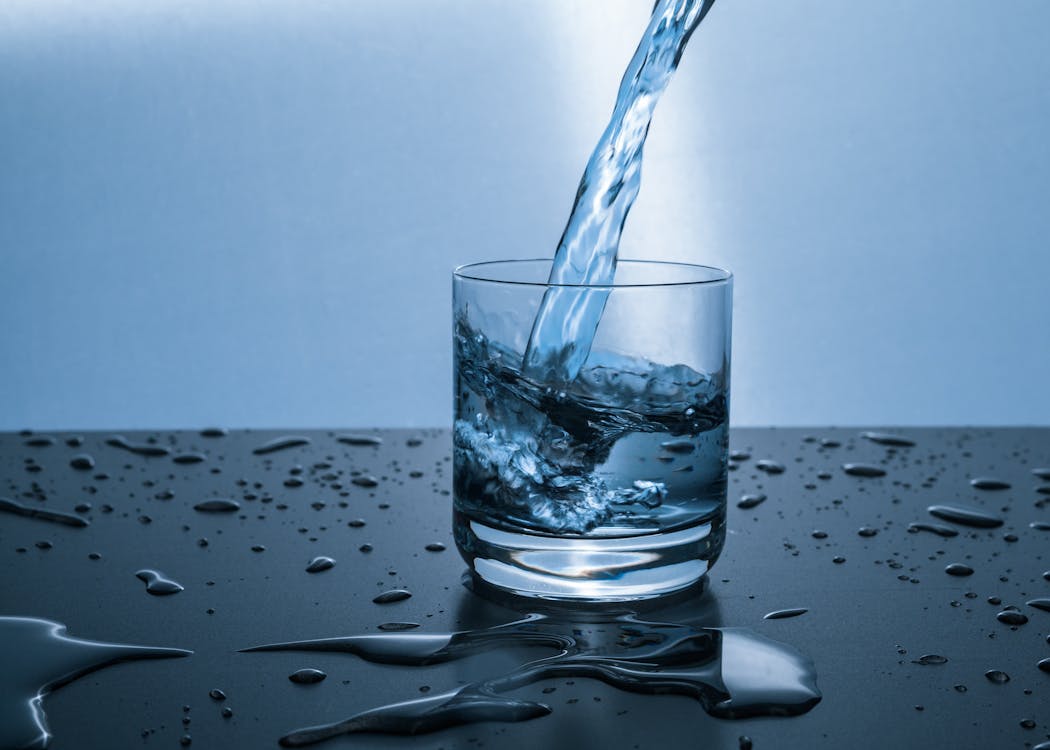Health Tips for Better Hydration: How Much Water Do You Really Need?
Staying hydrated is essential for maintaining overall health and well-being. Yet, the question remains: How much water do you really need? Understanding the importance of hydration, recognizing the signs of dehydration, and knowing how to properly hydrate can make a significant difference in your daily life.

Why Hydration Matters
Water plays a crucial role in nearly every bodily function. It helps regulate body temperature, transport nutrients, and remove waste. Proper hydration can improve energy levels, support digestion, and even enhance cognitive function. Conversely, dehydration can lead to fatigue, headaches, and other health issues.
Read this to know more about hydration and how it benefits the skin.
Recommended Daily Water Intake
The often-cited "8x8" rule—drinking eight 8-ounce glasses of water a day—serves as a general guideline, but individual needs can vary. The National Academies of Sciences, Engineering, and Medicine recommends a daily water intake of about 3.7 liters (125 ounces) for men and 2.7 liters (91 ounces) for women, including fluids from all beverages and food.
Factors Influencing Hydration Needs
Several factors influence how much water you need:
Physical Activity: If you exercise or engage in activities that make you sweat, you'll need to drink more water to compensate for fluid loss.
Environment: Hot or humid weather can increase your need for fluids. Similarly, heated indoor air can lead to moisture loss during winter.
Health Conditions: Certain illnesses and health conditions, such as fever, vomiting, or diarrhea, can increase water requirements.
Diet: High-salt or high-protein diets can increase your body's need for water. Also, consuming more fruits and vegetables with high water content can contribute to your hydration.
Signs of Dehydration
It's crucial to recognize the signs of dehydration to address them promptly. Symptoms include:
Thirst
Dry mouth
Dark yellow urine
Fatigue
Dizziness
Confusion
If you experience these symptoms, it’s essential to increase your water intake immediately.
Tips for Better Hydration
Here are some practical tips to help you stay properly hydrated:
Carry a Water Bottle: Having a reusable water bottle with you encourages regular sips throughout the day.
Set Reminders: Use phone apps or alarms to remind you to drink water regularly.
Infuse Your Water: Adding a splash of flavor with fruits, herbs, or a squeeze of lemon can make drinking water more enjoyable.
Eat Hydrating Foods: Incorporate foods like cucumbers, oranges, and watermelon into your diet to boost hydration.
Start and End Your Day with Water: Drinking a glass of water first thing in the morning and before bed can help maintain hydration levels.
Conclusion
Proper hydration is key to maintaining your health and well-being. By understanding your body's needs and adopting habits that promote regular water intake, you can ensure you're getting enough fluids each day. Remember, while general guidelines provide a starting point, listening to your body is the best way to determine your unique hydration needs.

 Cricket Score Counter
Cricket Score Counter Heads or Tails
Heads or Tails
You have not logged in, please Login to comment.